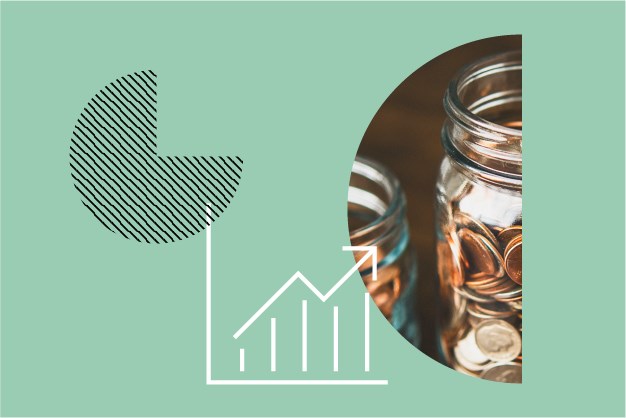
It can be a challenge for investors just getting started to learn how to tackle debt, start saving, or find the best ways to pay off loans. Compounded by the coronavirus pandemic, addressing your financial situation can seem even more daunting when trying to learn the basics.
We surveyed some of Morningstar's Generation Z and millennial employees to hear their thoughts around money. Here are five lessons they learnt:
1. Paying Down Student Loans
At the start of the pandemic, the Government announced measures to help students, including payment freezes.
There are pros and cons to continuing payments, and many good ways to make use of the money, like creating or building an emergency fund. If you contributed to your loans anyway, you reduced your principal. Paying down student loans is typically approached in one of two ways: the snowball method and the avalanche method. The snowball method prioritizes paying off the smallest loans first, while the avalanche method focuses on paying off the loan, no matter its size, with the highest interest rate first.
Here's how one employee took advantage of the grace period:
"As the pandemic happened and the government decided to set student loan interest rates to zero, I prioritized paying off as much as I could each month. I felt that I should try to pay the principal down since I will not have any interest eating away at my overall bill."
2. Tackling Credit Card Debt
With fewer ways to spend, some may turn their attention to paying down debt.
When approaching any kind of debt, you may be asking yourself the same question: Where do I even begin? Morningstar's director of personal finance Christine Benz recommends taking these steps first:
1) Buy yourself some time. Does your bank offer any options to extend a grace period or reduce your interest rate?
2) Make a list. How much do you owe, who do you owe, how much time you have, and what are the interest rates?
3) Pick a strategy. Do you want to go with the snowball method or the avalanche method
Here's a takeaway from one employee who focused on credit card debt:
"It's given me a new respect for that feeling of 'getting ahead' on payments. It's given me a chance to think more about my long-term savings goals--when I was so caught up in day-to-day spending, I didn't think as much about what I should be saving that money for instead."
3. Creating and Maintaining an Emergency Fund
The pandemic helped highlight the need to be financially prepared for the unexpected.
Our investment specialists recommend these tips to get a solid footing in the event of any unforeseen circumstances:
1) Tally up your monthly living expenses, from rent to groceries. Leave out the nonessential purchases.
2) Multiply these costs by three months. This is the minimum amount you should try to squirrel away.
3) See how much you currently have and set a savings goal.
During this time, many readjusted their focus to their emergency funds. Here's what one employee realized during this time:
"I believe that having a more holistic approach to budgeting is essential. Pre-pandemic, I was only focused on one aspect of my financial plan: paying off debt. Since the pandemic, I realized the importance of building up my emergency fund and having a backup plan in case of an unexpected occurrence."
4. Increasing Retirement Contributions
The pandemic pushed some of our colleagues to look long term and consider how to stay on track for their retirement. Another effective use of the extra time and funds on your side is to focus on investing in your retirement plan. The earlier you invest, the more growth potential your retirement account will have.
Here's how one employee's priorities changed:
"After graduating from college during the pandemic, my biggest concern was finding a way to earn money. Now with a job, I am leaning into more savings, including a six-month emergency fund instead of a three-month and reaching my RRSP contribution limit."
It's never too early to plan for retirement.
5. Cutting Back
With office closures and stay-at-home mandates, several employees who responded to our survey said they are rethinking their spending habits during the pandemic.
Here is how an employee embraced Morningstar's mission to think and invest with the long term in mind:
"I have been spending a lot less in areas that I would have normally spent on and putting more in savings. One thing I hope to do is work on finding a better balance between savings and investing and spending while not feeling like it restricts my lifestyle."
For more tips on how to improve your overall financial life, take our Month-Long Money Challenge!












.png)









